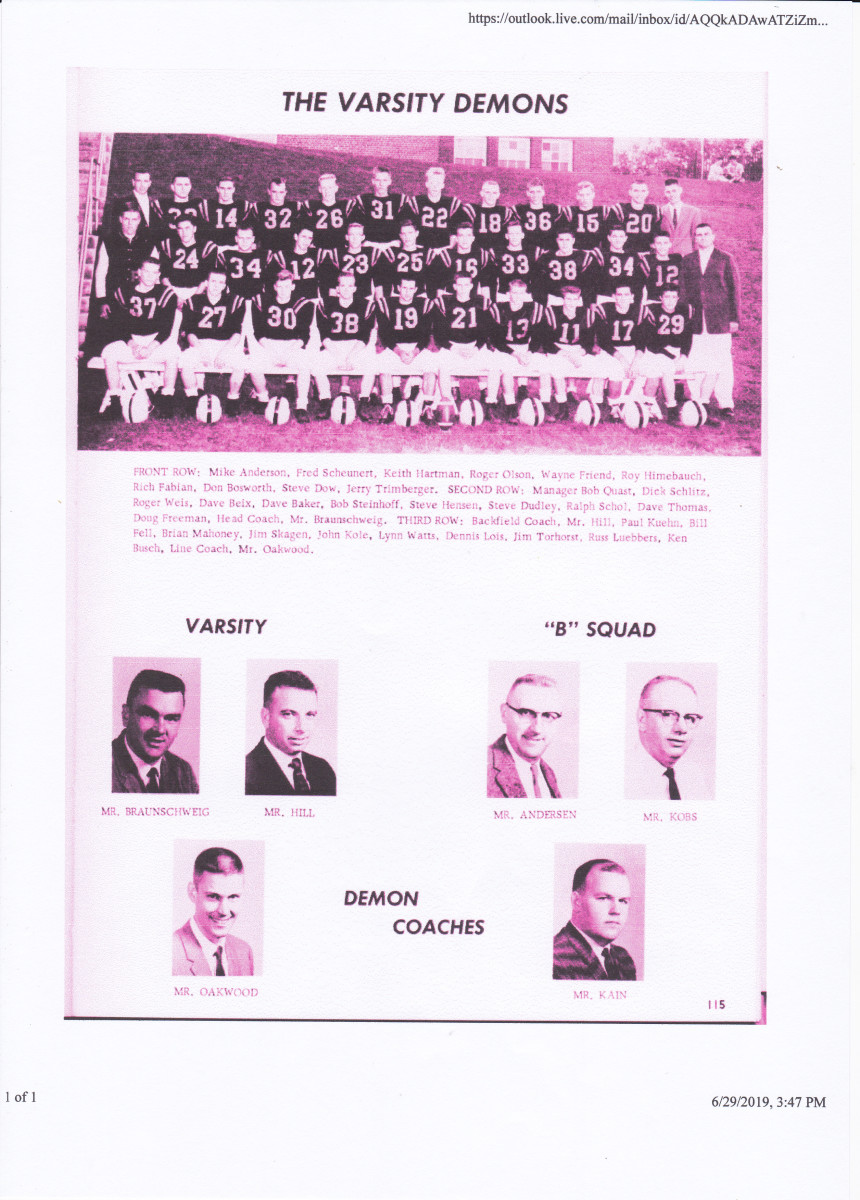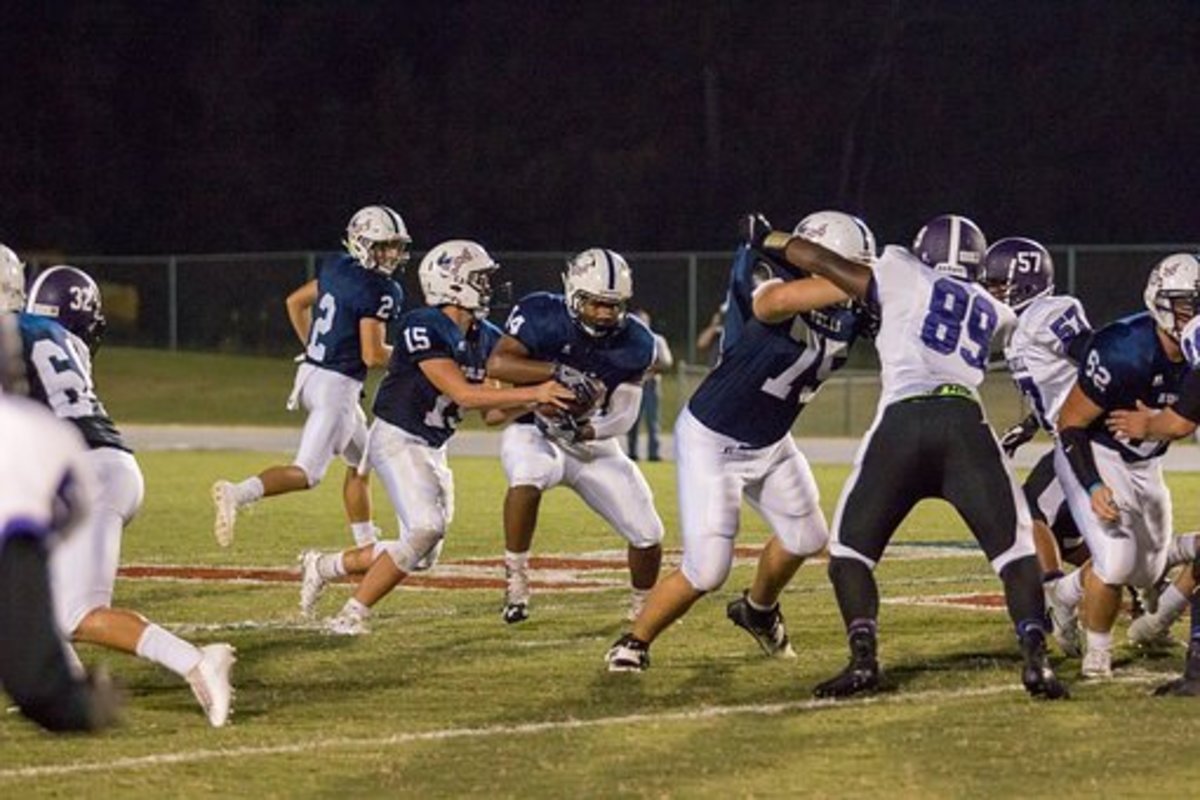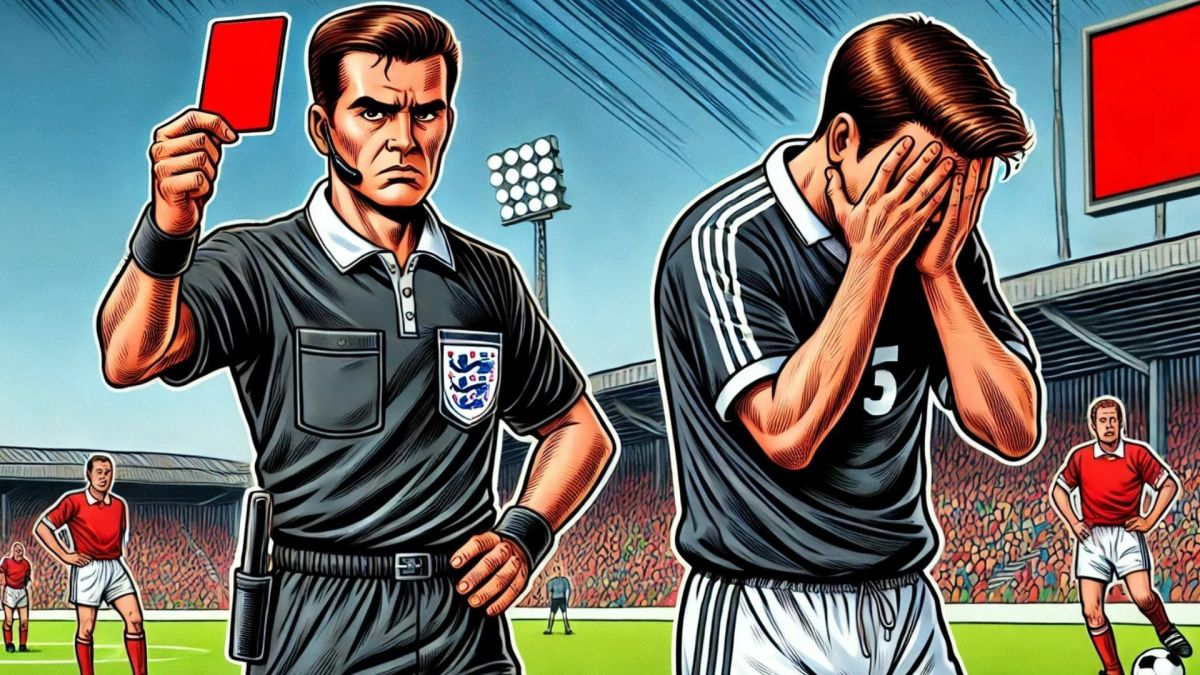The Dangers of Letting Your Kids Play Football
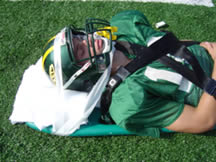
Recently, one of my teenage cousins expressed interest in playing football. My aunt and uncle firmly put their feet down, telling him it simply wasn’t an option. They both believe that the sport is too dangerous for a teenager to play. I can’t say that I disagree with them. While adult players can, and do, sustain life-altering injuries from playing football, teenagers have a higher chance of serious, long-term injury. According to a September 2007 New York Times article, “At least 50 high school or younger football players in more than 20 states since 1997 have been killed or have sustained serious head injuries on the field.”
Stats on Football Injuries
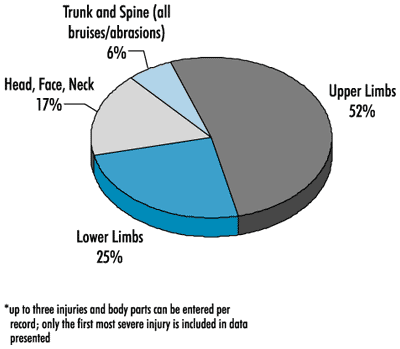
Mean Coach Scene from Varsity Blues - Warning: Swear Words Used
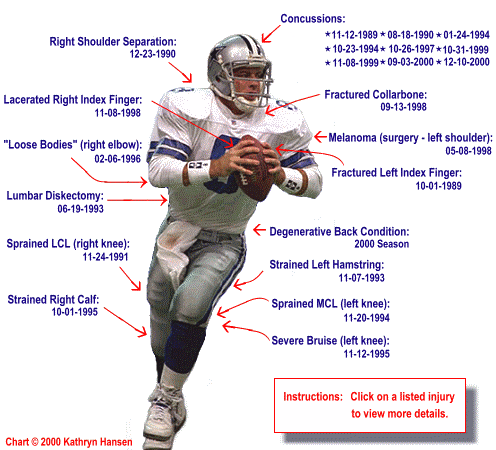
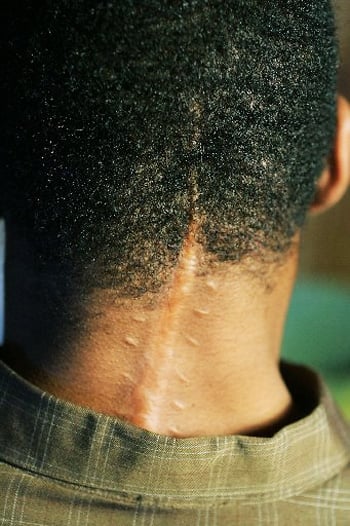
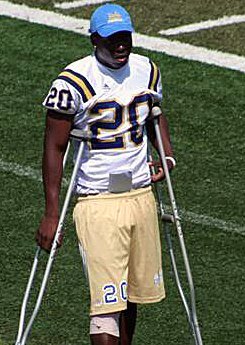
When High School Football Gets Dangerous
If you’ve seen the movie Varsity Blues, you will see an exaggerated (dramatized) version of high school football gone wrong. The coach in this team bullies the heck out of his players. One student is dangerously and unhealthily overweight. He suffers multiple concussions, but still the coach wants him to play.
Sounds crazy, right? Unfortunately, a lot of teenage football players aren’t telling their coaches when they might have suffered from concussions. I believe almost every high school football coach would pull a player who sustained an injury that could be made seriously worse by playing again. But if the coaches don’t know about the injury, they can’t pull the players.
These kids endure the pain. They don’t understand exactly what a concussion is, or how dangerous it can be. Many players believe they shouldn’t stop playing because their team needs them. While it is wonderful to teach teenagers responsibility and how to work as a team, they also need to learn how to take care of themselves. Sometimes, a game is just a game—especially when it comes to a person’s well-being.
Think I’m Exaggerating?
In October of 2007, an eighth-grade boy collapsed while playing a football game. He died. The autopsy revealed that the boy died from a head trauma. How did the trauma occur? He was tackled on the field. He got up, walked to sidelines, and then collapsed. Sadly, he died the next day.
In September of 2007, a high school football player ended up in the hospital with a severe brain injury. After watching a tape of the football field, no out of the ordinary events popped out to highlight when the injury could have occurred. This is scary because it means that the boy could have been seriously injured during regular, normal, and acceptable game play—game play that can lead to life-risking injury.
More Concerns
Not all injuries on the football field are as serious as life or death, but all injuries have the potential of leaving lasting effects on the players. Some of the most common football injuries affect the following areas: cervical spine, neck, knee, shoulder, and head. Broken noses, black eyes, broken teeth, sprains, and broken bones are also incredibly common.
If you do decide to let your teenagers play contact football, remember that their bodies are still developing. Educate them about the serious risks of injury, and what they should do if injured. As well, make sure they are aware of proper safety procedures—including wearing their helmet whenever they play, even during practice drills.
Thoughts, feedback, or comments? Let me know in the comment box below! I only ask that you be respectful if we have differing views.

